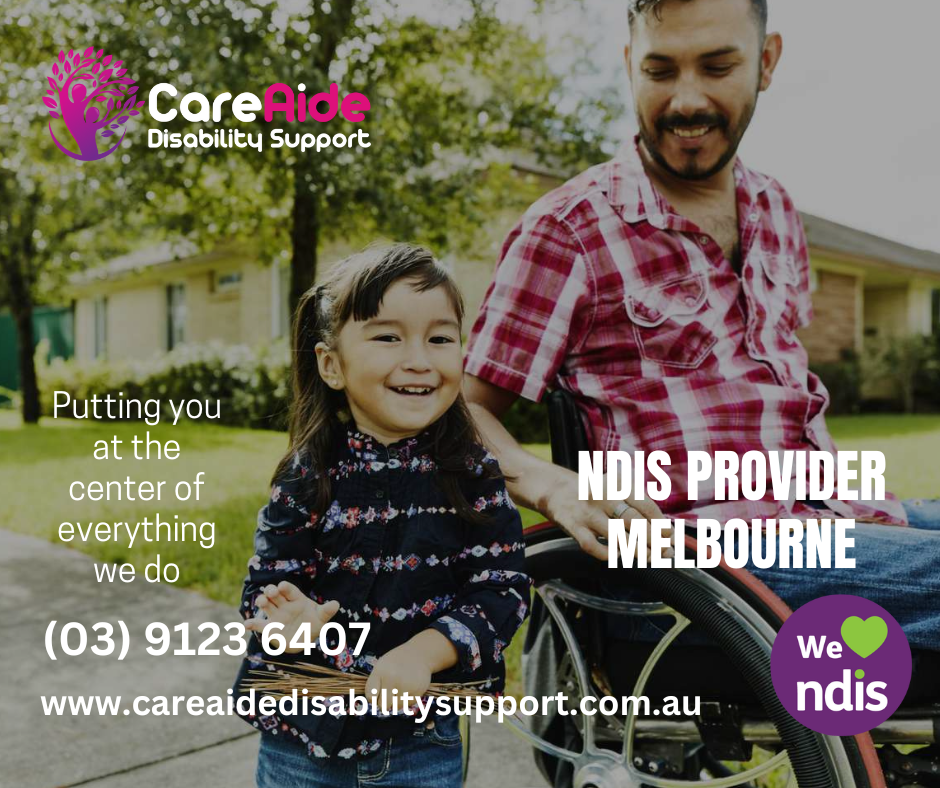
In this blog, we will delve into the details of the Assistance with Daily Life NDIS budget, exploring its purpose, eligibility, funding categories, and how it can significantly enhance the quality of life for NDIS participants.
Understanding the Purpose of Assistance with Daily Life NDIS Budget:
The Assistance with Daily Life budget is designed to provide support to NDIS participants in their day-to-day activities, fostering independence, and enabling individuals to engage fully in their communities. Assists participants in maintaining their well-being and achieving a better quality of life with a wide range of support services tailored to meet their needs and goals.
Eligibility:
To access the NDIS budget, individuals must meet the eligibility criteria for the NDIS. This includes having a permanent and significant disability that impacts daily functioning. The assessment process involves evaluating the level of support required to assist with daily activities, ensuring that participants receive the necessary funding to meet their specific needs.
Categories of Support within the Assistance with Daily Life Budget:
The Assistance with Daily Life budget encompasses various categories of support, including personal care, household tasks, transport, and community participation. These categories cater to different aspects of an individual’s daily life, addressing specific needs and enabling participants to lead fulfilling and independent lives.
a. Personal Care: This category includes assistance with activities such as bathing, dressing, grooming, and medication management. It ensures that individuals receive the support they need to maintain personal hygiene and health.
b. Household Tasks: Assistance with household tasks covers activities such as cleaning, cooking, laundry, and general home maintenance. It enables participants to maintain a safe and comfortable living environment.
c. Transport: The transport category supports participants in accessing essential services, attending appointments, and participating in community activities. It may cover the costs of transportation, vehicle modifications, or assistance from support workers during travel.
d. Community Participation: This category promotes social inclusion and engagement by providing support for participants to participate in community activities, attend events, and pursue hobbies or interests.
Planning and Budgeting:
When developing an NDIS plan, participants work closely with their support worker to determine the level of funding required for Assistance with Daily Life support. This involves assessing the individual’s goals, needs, and preferences, ensuring that the budget aligns with their specific requirements.
Managing and Utilizing:
Participants have flexibility and choice in managing their Assistance with Daily Life budget. They can self-manage their funds, choose to have an NDIS provider Werribee firm handle the financial aspects, or opt for agency-managed services. It is crucial to keep accurate records of how the budget is utilized and ensure that the supports received align with the approved plan.
Maximizing the Benefits:
To make the most of the Assistance with Daily Life NDIS budget, participants can actively engage with their support worker Werribee. Regular communication ensures that the allocated funds are utilized effectively, and adjustments can be made as needed. It is also important to provide feedback on the quality of support received, enabling continuous improvement and tailoring of services to individual needs.
Exploring Additional Supports:
In some instances, participants may require additional support beyond what is covered under the Assistance with Daily Life budget. This could include specialized therapies, assistive technology, or home modifications. It is essential to discuss these needs with the support worker to explore funding options available through other NDIS budget categories or specific funding pathways.
The Assistance with Daily Life NDIS budget is a vital resource that provides essential support to individuals with disabilities, enabling them to lead independent and meaningful lives. By understanding the purpose, eligibility criteria, funding categories, and management strategies, participants can effectively utilize their budget and access the necessary support. It plays a significant role in enhancing the well-being and quality of life for NDIS participants, fostering independence and empowerment every step of the way.

Recent Comments